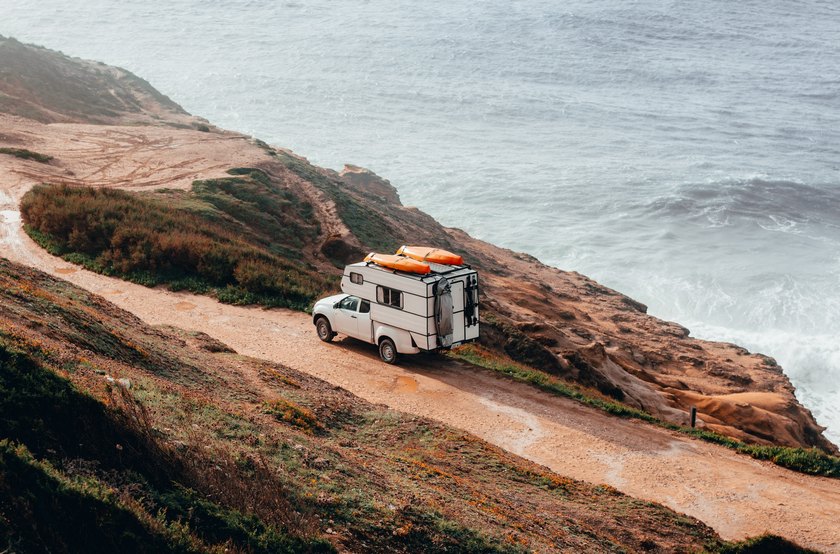RV accidents can happen anywhere. Wherever you find these recreational vehicles, there’s a risk of a traffic accident. Florida’s warm winter temperatures draw RV owners to the Sunshine State. In 2020, 217 fatal car accidents involved recreational vehicles in Florida, and this number is expected to increase as RVs continue to grow in popularity. Thankfully, not all RV accidents result in a fatality; however, a wreck involving these large vehicles often results in significant injuries and property damage.
Common Types of Accidents Involving RVs
RVs are great for extended travel. You can see the sights, visit attractions, and sleep comfortably in your vehicle. With kitchens, bathrooms, and extensive infotainment systems, it’s easy to see why recreational vehicles are gaining in popularity. Therefore, if you want to spend a few months touring the country, consider renting or buying an RV. Many RV users discover it’s less expensive to fuel and park an RV than to book multiple hotel stays throughout their travels.

While there are benefits to the RV lifestyle, the vehicles also come with risks; RVs can be difficult to maneuver due to their large size. Importantly, RVs have several blind spots. Moreover, braking an RV requires additional planning since it’s not possible to stop suddenly. Consequently, this can increase the likelihood of the RV being involved in an accident. To help you better understand the risks, here’s a look at some common types of RV accidents reported on Florida highways.
#1. Runaway Trailers
Not all RVs are single vehicles; some are trailers attached to another vehicle like an SUV or a pickup truck. You attach the trailer to the towing hitch, ensuring it’s securely latched. However, hitches can become loose, especially on bumpy roads. If the trailer is not properly secured, it can break free, leading to significant damage and injury if it strikes another vehicle.
#2. Loose Loads
RVs offer plenty of storage space, allowing for bicycles and luggage to be secured to the vehicle’s racks. Nevertheless, if these items aren’t properly stowed, they can fall off, creating hazards for motorists beside and behind the recreational vehicle.
#3. Vehicle Failure
Recreational vehicles can experience mechanical failures, including tire blowouts. As the driver usually isn’t expecting such issues, they may be unprepared for an immediate response. Mechanical failure can lead to loss of control, particularly if a tire suddenly goes flat or blows out. If the driver can’t react in time, accidents—sometimes catastrophic—can happen.
#4. Inability to Control the Vehicle
Some RVs exceed 400 feet in length, which can be comfortable for the owners but challenging to control. Even experienced RV drivers can run into issues. When a driver loses control of their RV, accidents can occur. Steering an RV at highway speeds requires significant caution as the vehicle may run off the road or collide with another vehicle.
#5. Rear-end Accidents
Although RVs are large and typically easy to see, they can’t stop suddenly, leading to rear-end collisions. If an RV driver isn’t paying attention, they might rear-end the vehicle in front. Being struck by an RV can result in serious damages and severe injuries, not just minor dents.
#6. Off-tracking
Off-tracking is a phenomenon affecting the rear tires on an RV, where the rear tires fail to follow the front wheels during a turn. This misalignment can lead to accidents, especially if you’re passing or stuck in traffic beside a turning RV, putting you at greater risk.
Consulting an Accident Attorney Post-Collision
RVs provide a unique and enjoyable travel experience, yet their larger size inevitably increases the risk of accidents. If you find yourself involved in a collision with an RV, it’s advisable to consult with an experienced accident attorney. An attorney well-versed in such cases can assess the specifics of the incident and determine your eligibility for financial compensation!
Stay Informed and Safe on the Roads
Staying informed about RV travel safety can significantly enhance your experience on the road. Ensure all equipment is functioning properly and maintain a safe distance from other vehicles. Always prioritize safety and enjoy the journey with iBestTravel.




